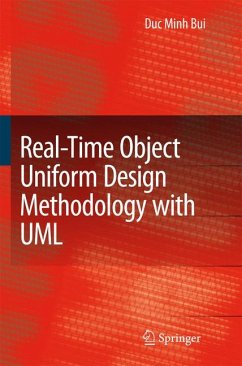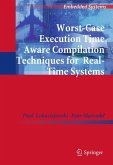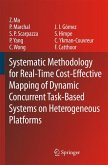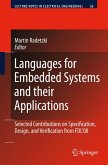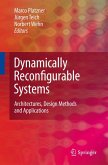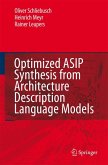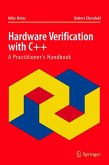An innovative methodology, built on UML version 2 and MDA (Model Driven Architecture), is proposed to explain how to design large-scale systems and make software reuse a reality, how logical models can be built progressively and transformed into business assets, how real time and database systems can be integrated smoothly along a single development stream. First, the metalanguage of UML is introduced as a lesson of rigorous and meta system development. That helps developers to acquire a deep understanding of meta elements of UML, rules that govern connections. Second, thirteen UML diagrams are studied in details with short examples. Third, fundamental modeling concepts are mapped into UML objects and represented with diagrams that are the visual parts of any CASE tool.
Two advanced research topics beyond UML are exposed to complement the arsenal of development tools. A state-event network (SEN), a new diagram based on Petri net, supports dynamical studies and refines UML behavioral diagrams before implementation. The "image attribute method" is a combinatorial technique deployed to study dynamic behavior of safety-critical systems; it takes internal state variables of an object, makes images of surrounding objects interacting with this central object to explain its complex behavior and thus, automate the design of algorithms.
One part of Real-Time Object Uniform Design Methodology with UML is targeted tobe used as a basic textbook in Computer Science for teaching object modeling, fundamental concepts learning and system designing with thirteen UML diagrams. Another part is devoted to advanced research topics, samples and case studies. They are must readings for any system developer or any graduate student in any discipline that needs materials and thoughts for future developments, the power of object modeling packed along a serious development methodology.
Dieser Download kann aus rechtlichen Gründen nur mit Rechnungsadresse in A, B, BG, CY, CZ, D, DK, EW, E, FIN, F, GR, HR, H, IRL, I, LT, L, LR, M, NL, PL, P, R, S, SLO, SK ausgeliefert werden.
Hinweis: Dieser Artikel kann nur an eine deutsche Lieferadresse ausgeliefert werden.

